About Mediterranean University of Reggio Calabria
The Mediterranean University of Reggio Calabria is a public research university located in Reggio Calabria, Italy. It is renowned for its teaching and research in a wide range of disciplines and is committed to developing innovative and practical professionals.
Overview
Number of students and faculty: Approximately 10,200 students, 287 academic staff and 230 administrative staff.
Courses: Undergraduate, postgraduate and doctoral programs are offered in agronomy, law, engineering, medicine, architecture, pharmacy and other disciplines.
History
On December 6, 1967, the University of Reggio Calabria was established at the request of the Commissioner of the Federation of Schools of Architecture of Reggio Calabria.
On June 17, 1968, the Presidential Decree (No. 1543) marked the birth of the Free University School of Architecture.
In the 1990s, the construction of modern buildings began on the new campus in Fiovitello.
2001 In 1968, the president, Alessandro Bianchi, renamed the university "University of Reggio Calabria Mediterranean", aiming to make it a cultural and scientific center of the Mediterranean Basin.
Founded in 1968.
School Strength
Faculty: It has 287 professional academic staff, who have profound academic attainments and rich teaching experience in their respective fields, and can provide students with high-quality education and guidance.
Teaching Resources: The school is equipped with advanced teaching facilities and scientific research equipment, such as libraries, laboratories, etc., which provide good conditions for students' study and research. In addition, the school also cooperates with a number of companies and institutions to provide internship and employment opportunities for students.
Institutional nature
Public university.
Educational philosophy
Focus on cultivating students' innovative spirit and practical ability, emphasize the close integration of academic research and social needs, and strive to provide students with a comprehensive education so that they can succeed in their future careers and contribute to the development of society.
Key laboratories and disciplines
Key laboratories: Cooperate with the National Park Aspromonte and use it as a natural science laboratory. In addition, the school has some laboratories equipped with top equipment, such as the STAR laboratory, which is connected to the MATERIA project and is the home of the "Southern European Thomson Applied Research Backscatter Source", and SILA (Environmental Laboratory Integrated System).
Key disciplines: The School of Architecture is one of the best schools in Italy. Its disciplines such as architecture, engineering, and agronomy are also strong, and have achieved remarkable results in teaching and scientific research. The law major covers everything from economic issues to issues related to archaeology and artistic heritage. The disciplines are comprehensive and keep up with the needs of the times.
Faculty
The school has a total of 6 colleges, namely the College of Agriculture, the School of Law, the School of Engineering, the School of Medicine and Surgery, the School of Pharmacy, and the School of Architecture.
Ranking
In the 2012 Italian Public University Ranking, the school ranked first in southern Italy and the islands, and 31st in the country.
In 2010/2011, among 63 public universities, the student performance ranked 18th, and 23.3% of the students scored 90 points or above in the final score.
Expenses
Tuition fees vary depending on the major and degree level. Generally speaking, the tuition fees for undergraduate and master's programs are around 1000-3000 euros/year, and the tuition fees for doctoral programs are relatively low or may be waived. Living expenses, including accommodation, food, transportation, etc., are about 8,000-10,000 euros per year.
Campus Environment
Geographic location: The main campus is located in Reggio Calabria, with a beautiful campus environment, convenient transportation, and complete surrounding living facilities, which provides convenience for students' study and life.
Campus facilities: The campus has modern teaching, experimental and office buildings, as well as complete sports facilities, student dormitories, canteens, theaters and cinemas, etc., providing students with a comfortable learning and living environment.
-
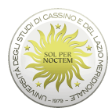
University of Cassino and Southern Lazio
-

University of Campania Luigi Vanvitelli
-
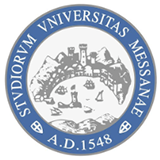
University of Messina
-
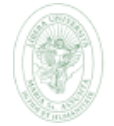
Libera Universita degli Studi Maria SS. Assunta di Roma (LUMSA)
-
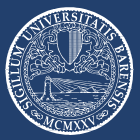
University of Bari Aldo Moro
-
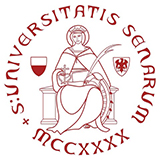
University of Siena
-
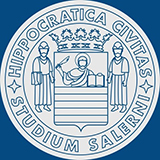
University of Salerno
-
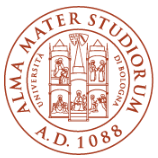
University of Bologna
-
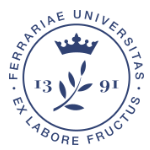
University of Ferrara
-
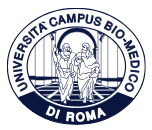
Campus Bio-Medico University of Rome
-

Mesoamerican University
-

Istmo University
-

Mariano Galvez University of Guatemala
-

Regional University of Guatemala
-

Galileo University
-

Francisco Marroquín University
-

Rafael Landívar University
-

University of the Valley of Guatemala
-

University of San Carlos of Guatemala
-

Technological Institute of Tlaxcala Plateau
-

Golfo University
-

Technological University of South Sonora
-

Technological University of Huejotzingo
-

Tizimín Institute of Technology
-

Chilpancingo Institute of Technology

